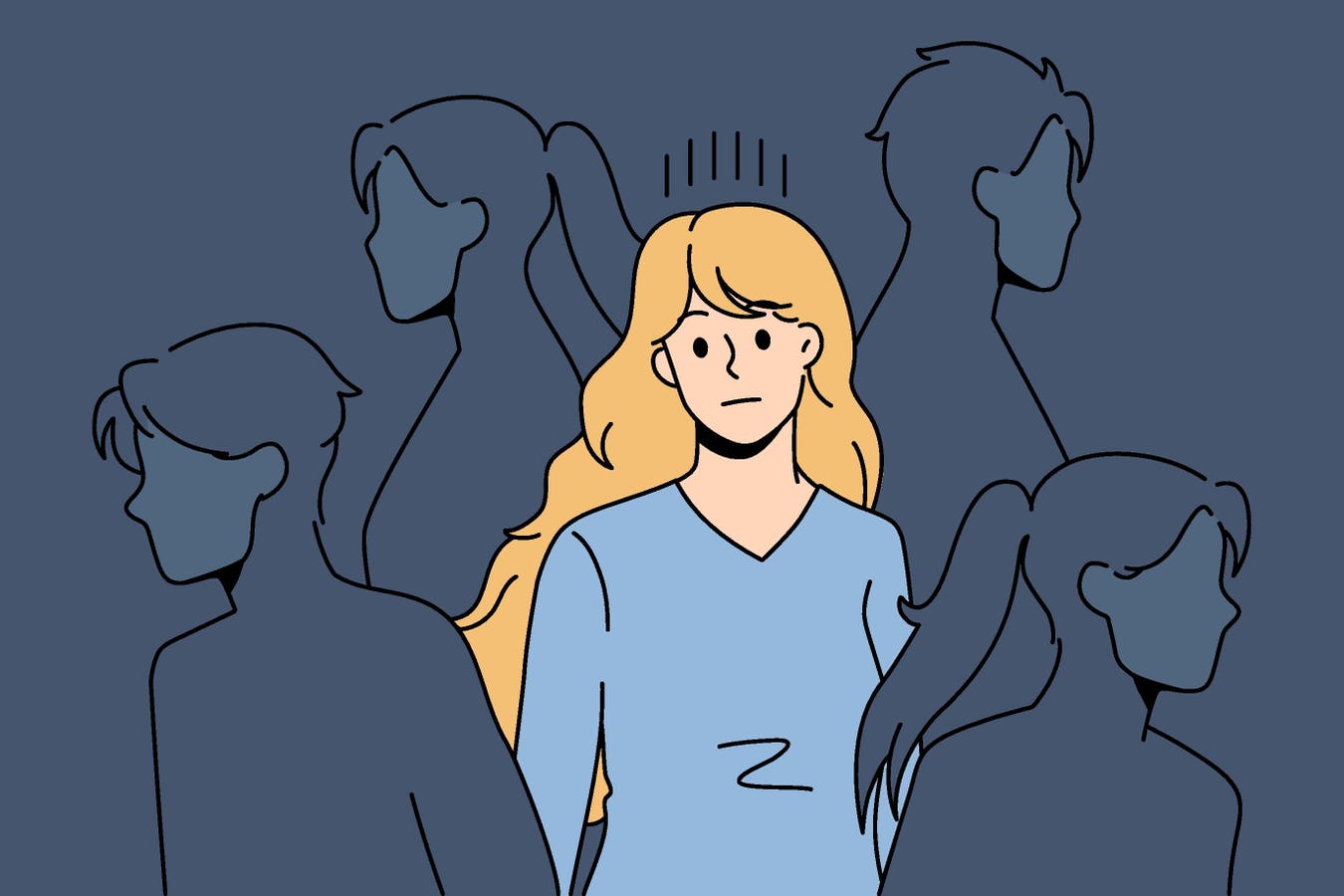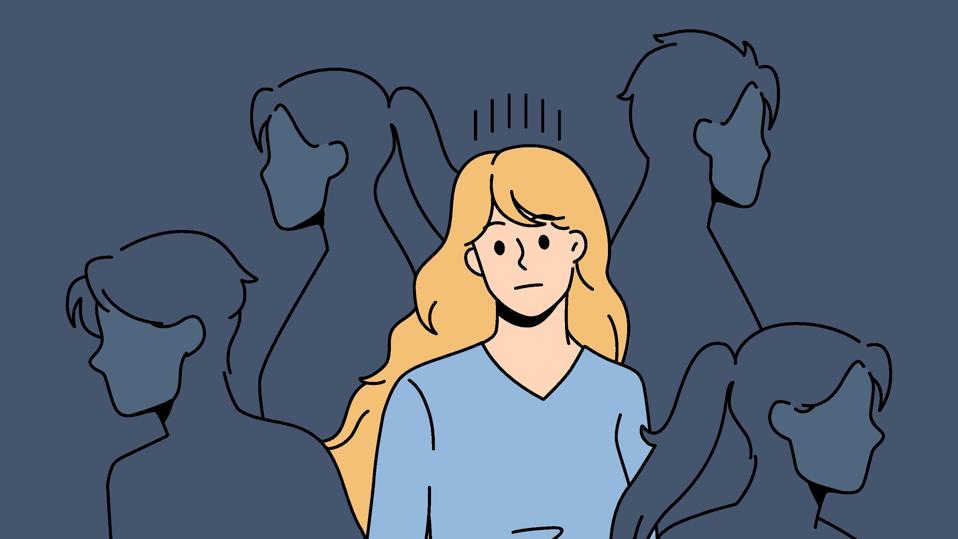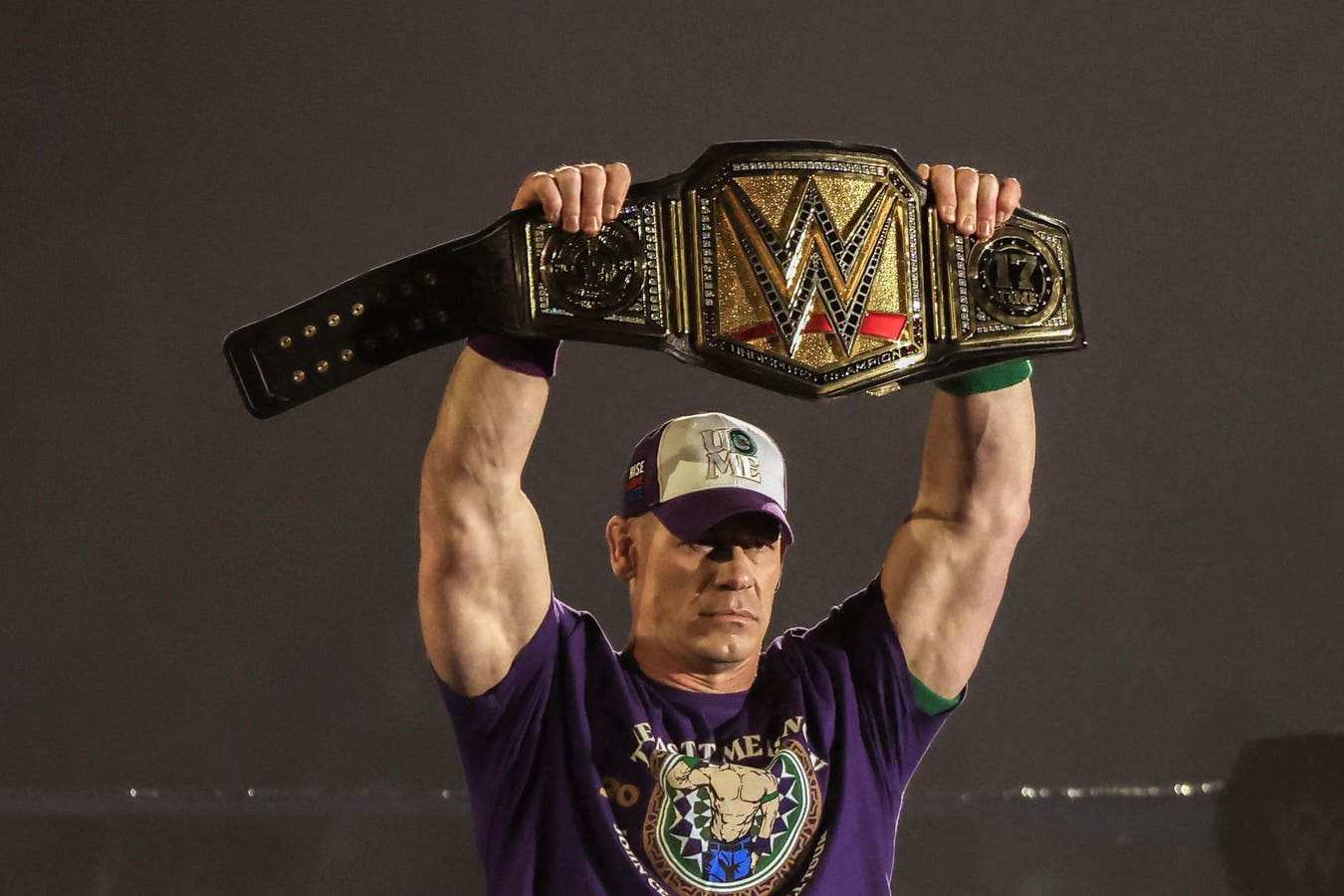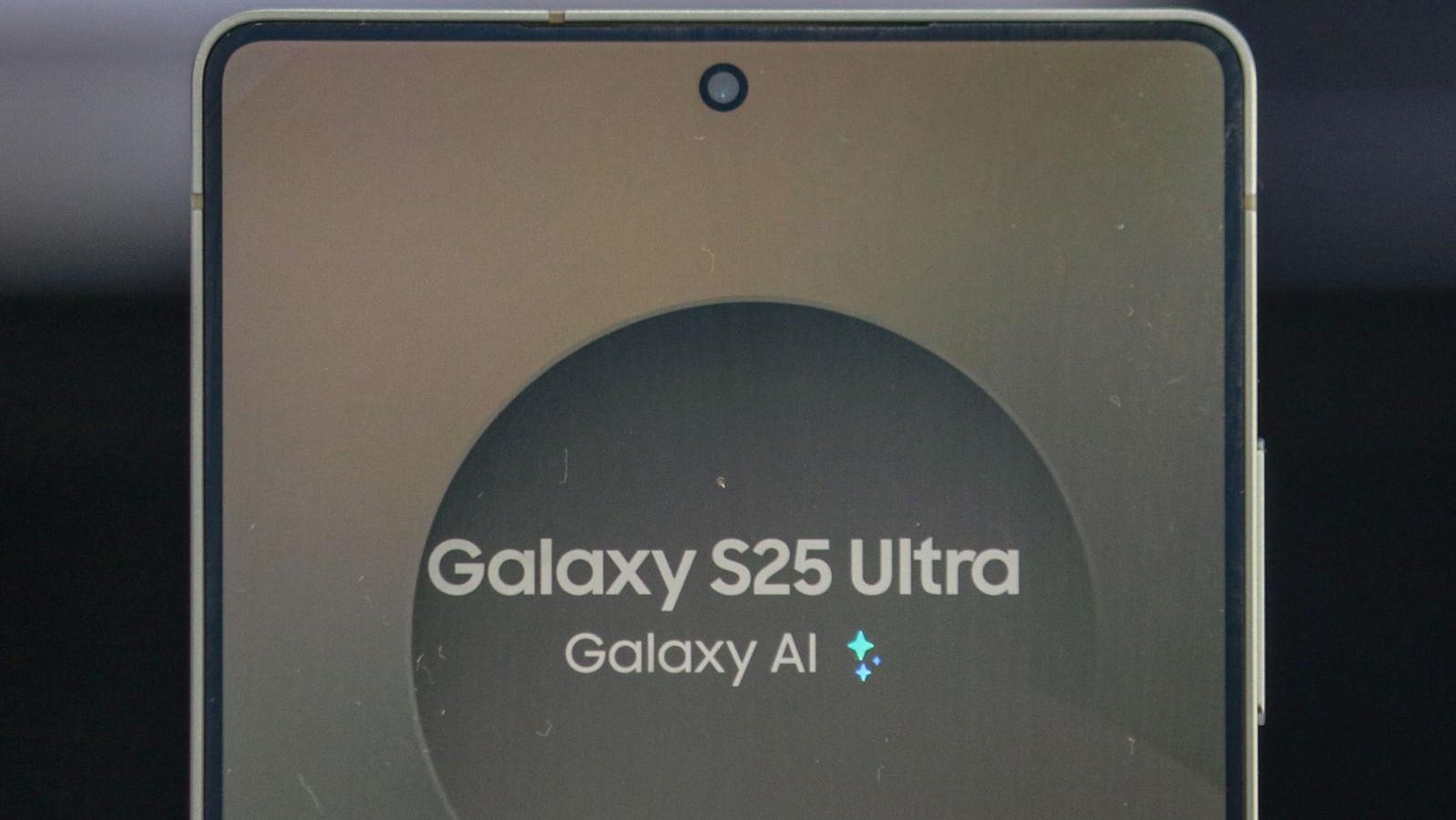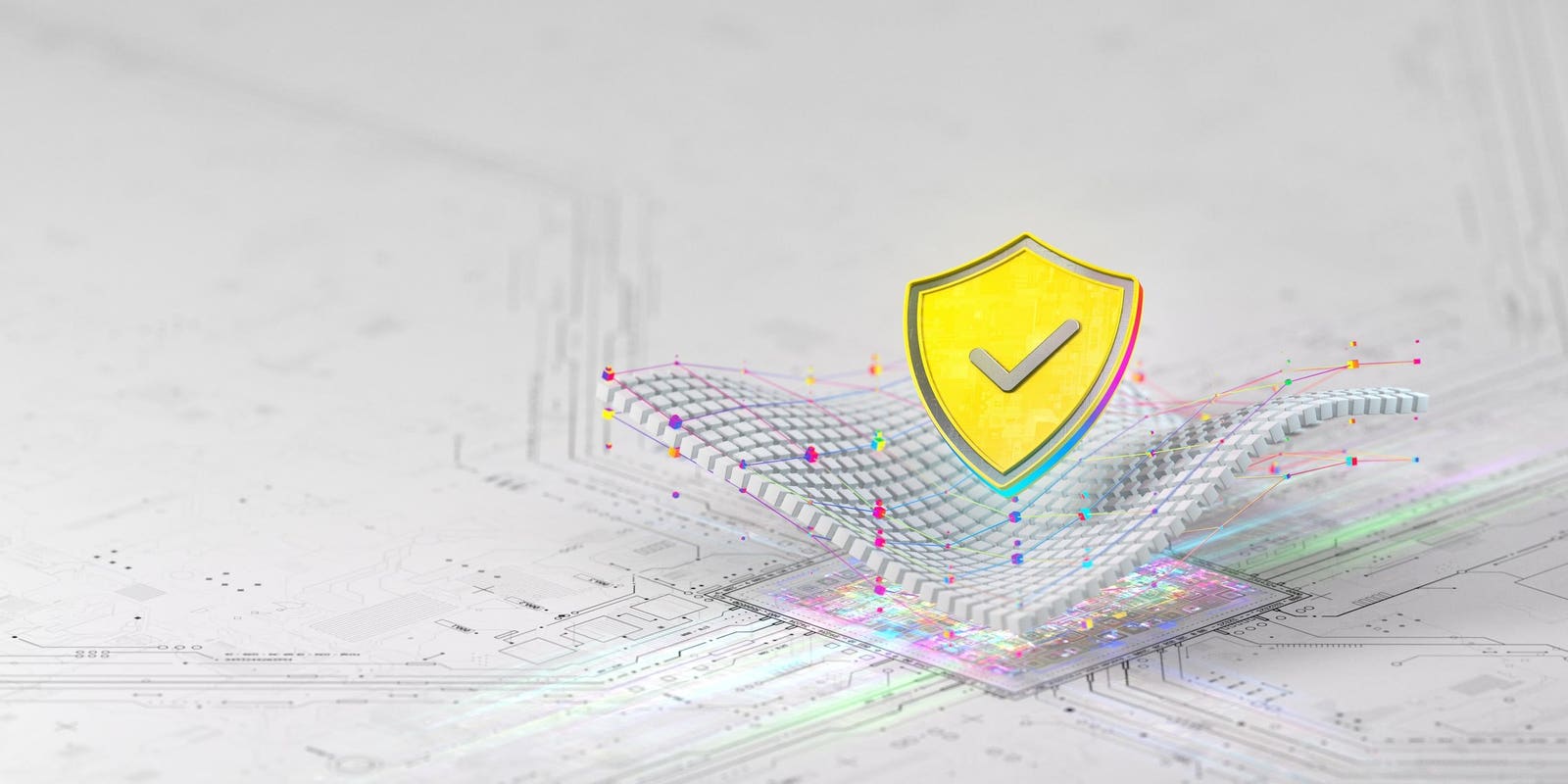Watching your friendship change when a close friend starts dating can feel difficult, but their relationship might not harm your bond as much as you’d expect.
getty
Many of us experience mixed emotions when our friends start dating or enter new romantic relationships. Even though you’re happy for them, you may also feel resentful and undervalued as they start prioritizing their love lives. You miss the time you spent together and start worrying about losing out on such a close friendship.
However, your friendships need not suffer as much as you think. New research published this June in Personal Relationships explains that the transition from singlehood to coupledom doesn’t always push our friends away.
Researchers conducted two studies: one assessed participants’ perceptions of their best friendship before and after their friend entered a romantic relationship. The other evaluated their real-time friendships over a seven week period.
Here are two key insights from the June 2025 study that contradict the popular notion that romantic relationships always derail friendships.
1. Your Negative Perception Of Your Friendship May Be Exaggerated
Most of us place a great deal of importance on who we spend the rest of our lives with. Due to this, it’s true that many people do treat their friends like placeholders until they find romantic love and companionship.
In fact, research shows that people in more committed romantic relationship stages (or marriages) have fewer friends and are less likely to value the opinions of the ones who remain in their lives.
So, it’s no wonder we feel so uncertain and anxious about where our friendship stands when they’re suddenly busier with their new partners. It’s natural to find this perceived sense of distance hurtful.
However, it appears that we overestimate the “threat” romantic relationships really pose. The truth is, many of us anticipate greater disruption than what actually occurs. In the first study, participants were asked to recall specific best friendships that were impacted by romantic connections.
They recalled feeling as though their friendships had gotten worse. They also stated feeling less close to their friend and experiencing more uncertainty.
Researchers suggested the possibility of participants amplifying the changes they had experienced due to their cognitive bias of expecting the worst. This may have made them perceive small changes as major rifts.
They explain that friends “might nostalgically misremember the time before their best friend’s new relationship as better than it was, embellishing how the friendship was in the past and exaggerating the impact of the friend’s new romantic relationship on the friendship.”
Just because your friend is preoccupied in a new relationship does not mean they have stopped caring for you or don’t prioritize you still. Whether they allow their relationship to overpower their friendships is deeply personal to their ability to value and balance both, rather than an inevitable occurrence.
2. Your Perception May Differ From Reality
In the second study, which tracked the real-time impact of friends entering romantic relationships, researchers found no major drop in how people felt about their friendships after their friends got into relationships.
This finding differs from the first study, where participants remembered their friendships feeling weaker. This is because our memory may distort how we interpret changes in our relationships.
“There is the lived reality of what happens when one’s friend enters a romantic relationship, and there is the recalled experience of what one thinks happened when one’s friend entered a relationship. Our results suggest that these experiences may differ, perhaps because people nostalgically recall the time when their friend was single,” the researchers write.
The study also found that your emotional response to a friend’s new relationship may be shaped more by your attachment style than actual friendship changes.
Feelings of uncertainty or lower emotional support from their friend were amplified if participants had more insecure attachment styles, which are characterized by a fear of abandonment, a need for reassurance and a difficulty trusting others to be consistent in their lives.
As a result, individuals with these attachment styles may perceive their friend’s relationship as a threat, even when it isn’t.
If you find that contact with a close friend (who has a partner) is slowing down, do not panic or jump to conclusions. Yes, your friendship requires effort, but effort is a two-way street. It is not your sole responsibility to keep trying to reconnect with them. If they value you as much as they used to, they will make it known. Even if your quantity of time together changes, it doesn’t mean the quality will.
Being a good friend means showing the other person some grace, and understanding that it takes time to attend to multiple connections in one’s life.
As the friend in a new relationship, intentional action and communication is everything. Let your friends know how much you value them, as they might need some reassurance, no matter how happy they are for you.
Do you feel rooted in your social connections, regardless of whether they’re in relationships? Take this science-backed test to find out: Social Connectedness Scale

